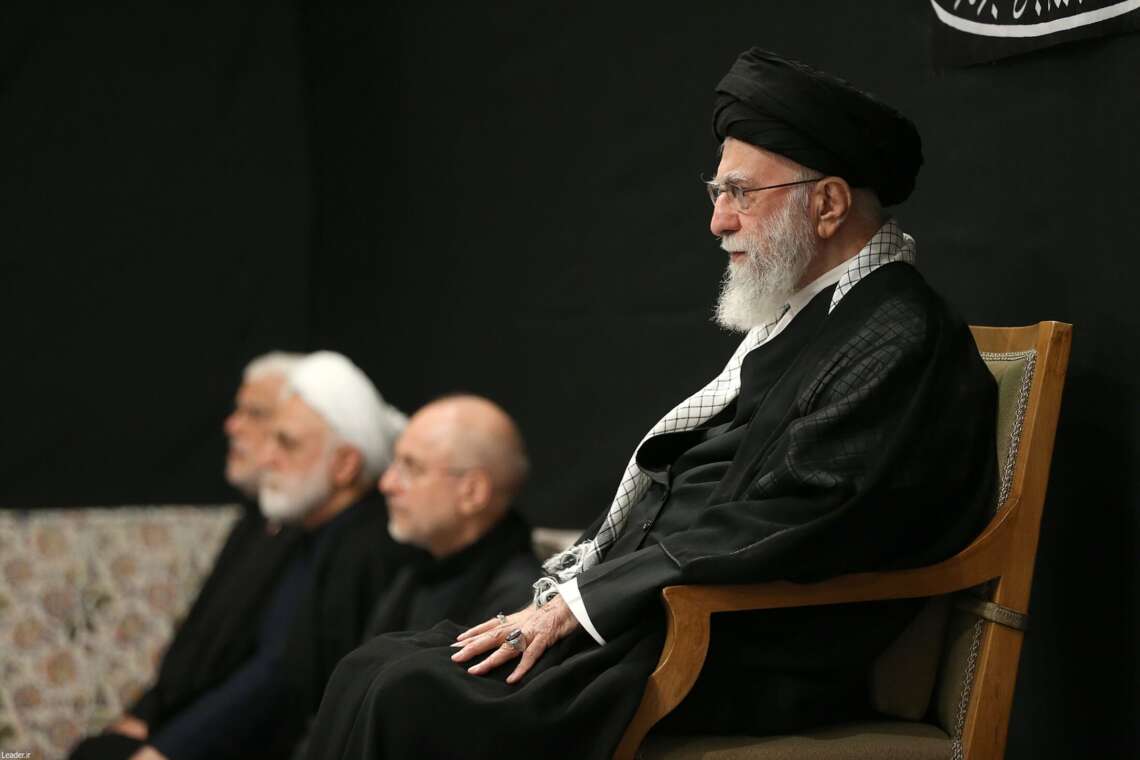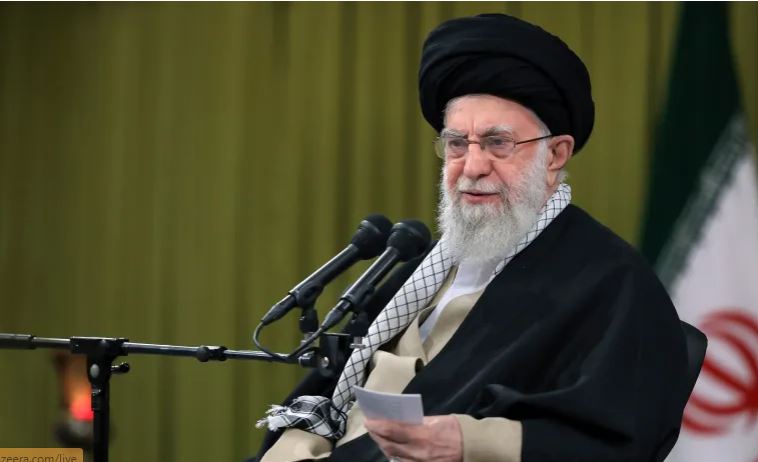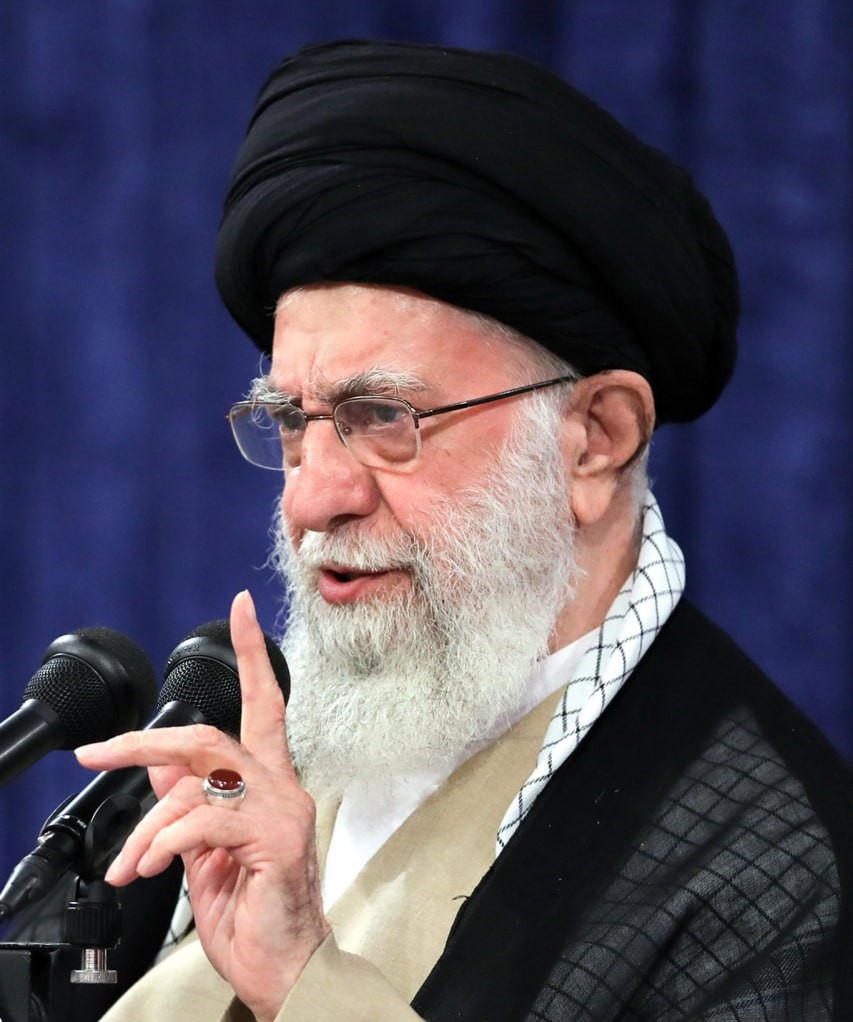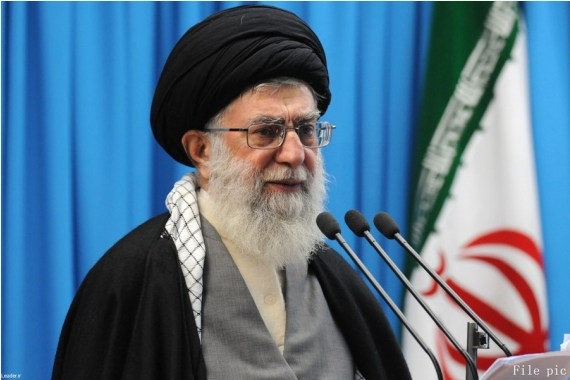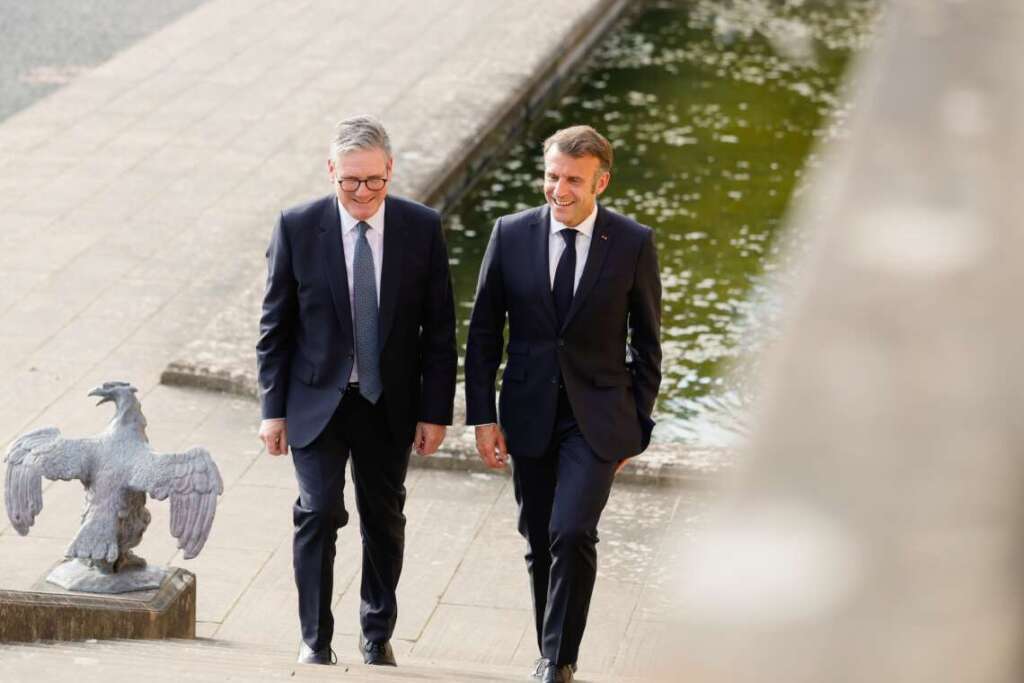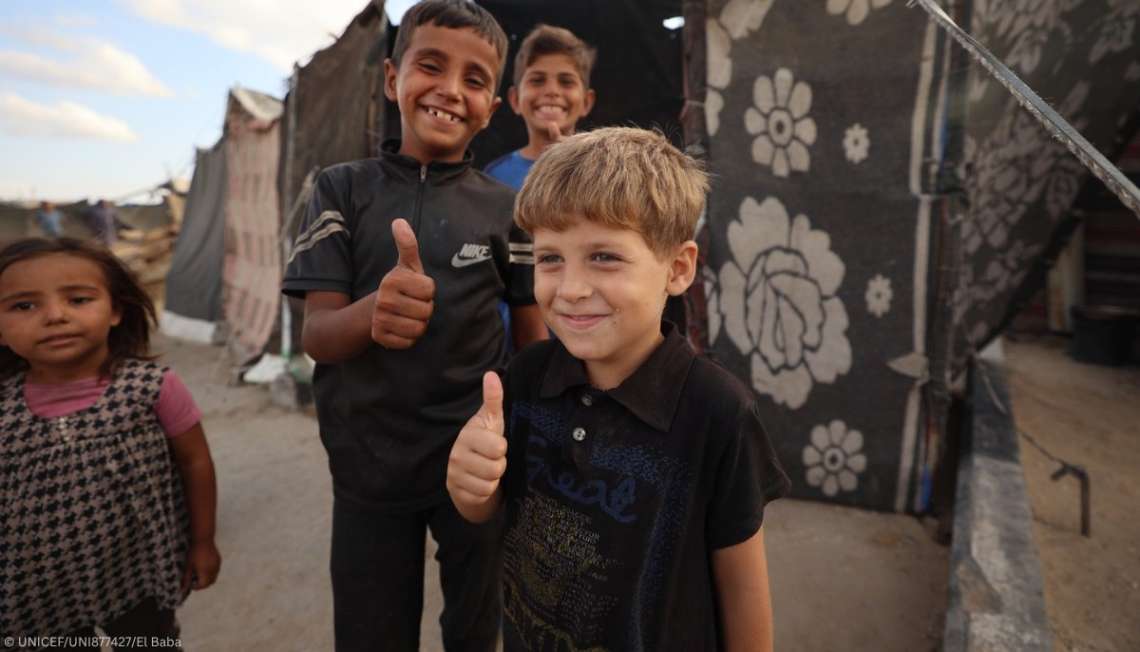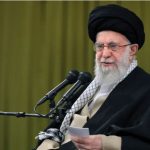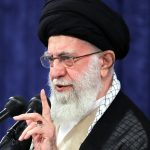Iran’s Supreme Leader makes first public appearance since conflict with Israel, as mystery over his wartime absence continues.
Iran’s Supreme Leader Ayatollah Ali Khamenei made his first public appearance on Saturday since the 12-day war with Israel, attending a mourning ceremony in Tehran on the eve of Ashoura. The 86-year-old cleric appeared at a mosque near his residence, waving and nodding to a chanting crowd, as state television broadcast his presence but offered no explanation for his absence during the conflict. His prolonged silence had fuelled speculation that Khamenei had taken refuge in a secure underground location during the hostilities, a claim not addressed by Iranian state media.
The war, which began on June 13 with Israel’s launch of Operation Rising Lion, saw major strikes on Iranian military and nuclear assets. In response, Iran fired over 550 ballistic missiles at Israeli targets, most of which were intercepted, though 28 people were killed and significant damage was reported. Iran later extended its retaliation to include missile strikes on U.S. military bases in Qatar and Iraq, following American airstrikes that targeted nuclear facilities in Fordow, Natanz, and Esfahan. Amid the escalating violence, U.S. President Donald Trump issued a series of threats on social media, claiming that the United States had located Khamenei but had opted not to kill him, “at least for now.”
On June 26, shortly after a ceasefire was declared, Khamenei appeared in a prerecorded statement, asserting that Iran had delivered a “slap to America’s face” and warning of consequences for any further attacks by the U.S. or Israel. Meanwhile, Iran’s government ordered a suspension of cooperation with the International Atomic Energy Agency, limiting the ability of inspectors to monitor its nuclear activities, which had reportedly reached near weapons-grade enrichment. It remains unclear how much damage Iran’s nuclear infrastructure sustained, or whether Tehran would be open to re-engaging in negotiations with Washington.
In a development that added to the rhetoric, one of Iran’s most senior Shia clerics, Ayatollah Nasser Makarem Shirazi, issued a fatwa declaring President Trump and Israeli Prime Minister Benjamin Netanyahu “enemies of God.” The decree, released through the semi-official Mehr News Agency, warned that any threat to the Iranian leader or senior religious figures was an attack on Islam itself, calling on Muslims worldwide to resist. “Any cooperation or support for that enemy by Muslims or Islamic states is haram,” the fatwa read, adding that any hardship faced in the struggle would be rewarded as fighting in the path of God.
Israeli Defence Minister Israel Katz, in a recent interview, revealed that Israel had sought to assassinate Khamenei during the 12-day war but could not carry out the operation due to the lack of an “operational opportunity.” Katz stated that eliminating the Supreme Leader had been a strategic objective, underscoring the severity of the conflict. The war’s end, marked by the ceasefire brokered by Trump, has left both sides in a fragile state of truce, with tensions still high and diplomatic paths uncertain.

